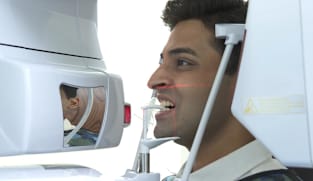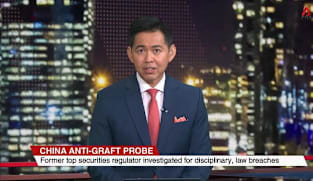Sun Xueling on Criminal Procedure (Miscellaneous Amendments) Bill
The Government wants to roll out a legislative framework for conducting Forensic Medical Examinations (FMEs). Firstly, there will be safeguards to ensure that examinations are conducted safely and sensitively. Only qualified medical professionals will be allowed to conduct physical medical examinations and invasive medical procedures. For examinations involving intimate body parts, only police officers holding the rank of inspector and above can require the examinations to be conducted. Only women can conduct such examinations on women. The requirement of consent is different for accused persons and victims. For accused persons, police will have powers to require them to undergo FMEs. Even if they do not consent, refusal to undergo examinations without reasonable excuse will be an offence. For victims, consent is generally required. However, there are exceptions - such as if a victim falls into a coma after a sexual assault and the evidence would be lost if not collected as soon as possible. Another major set of amendments is the Sentence for Enhanced Public Protection (SEPP) to address the danger that a small group of high-risk offenders could pose to the public after they have been released from jail. Such offenders include serious sexual predators. The law currently does not allow the authorities to hold this group back in prison or impose conditions on their release, even if they are likely to re-offend. With SEPP, an offender will only be released if he is assessed to be no longer a significant threat to others. Even after the offender is released, he could be placed on the SEPP and subject to conditions. Minister of State for Home Affairs Sun Xueling outlined these proposed changes in Parliament on Monday (Feb 5). She said the SEPP better protects the public from offenders who continue to pose a real danger to others, promotes rehabilitation of the offender and enables more calibrated punishment.
The Government wants to roll out a legislative framework for conducting Forensic Medical Examinations (FMEs). Firstly, there will be safeguards to ensure that examinations are conducted safely and sensitively. Only qualified medical professionals will be allowed to conduct physical medical examinations and invasive medical procedures. For examinations involving intimate body parts, only police officers holding the rank of inspector and above can require the examinations to be conducted. Only women can conduct such examinations on women. The requirement of consent is different for accused persons and victims. For accused persons, police will have powers to require them to undergo FMEs. Even if they do not consent, refusal to undergo examinations without reasonable excuse will be an offence. For victims, consent is generally required. However, there are exceptions - such as if a victim falls into a coma after a sexual assault and the evidence would be lost if not collected as soon as possible. Another major set of amendments is the Sentence for Enhanced Public Protection (SEPP) to address the danger that a small group of high-risk offenders could pose to the public after they have been released from jail. Such offenders include serious sexual predators. The law currently does not allow the authorities to hold this group back in prison or impose conditions on their release, even if they are likely to re-offend. With SEPP, an offender will only be released if he is assessed to be no longer a significant threat to others. Even after the offender is released, he could be placed on the SEPP and subject to conditions. Minister of State for Home Affairs Sun Xueling outlined these proposed changes in Parliament on Monday (Feb 5). She said the SEPP better protects the public from offenders who continue to pose a real danger to others, promotes rehabilitation of the offender and enables more calibrated punishment.



















